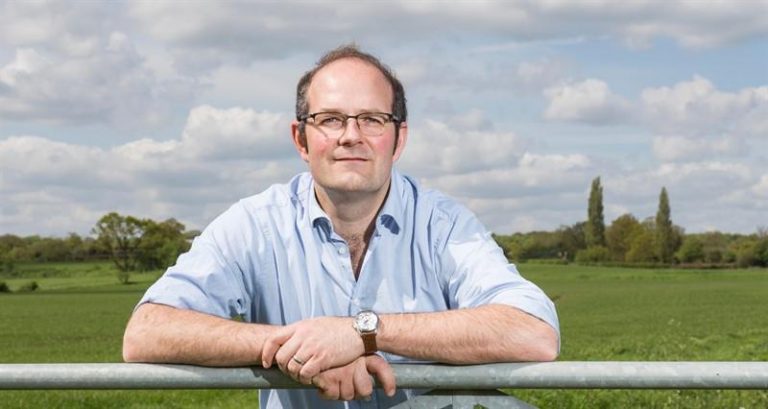The ownership of Sharp Consultancy has been transferred to an Employee Ownership Trust.
The Yorkshire-based firm is a specialist recruitment group focusing on finance, accounting and HR positions.
With offices in Leeds and Sheffield, Sharp Consultancy has enjoyed sustained success for over 32 years.
Mark Wilson, Managing Director, says: “As we serve our valued clients and candidates across Yorkshire, this development is not only central to both our values and growth strategy, but also a source of great pride for me and the directors.
“Staff longevity is a hallmark of our heritage and as we now entrust our ownership to all employees, I am delighted for them. There’s a bright future ahead and a tremendous opportunity for our wonderful team. It’s also great that our directors and shareholders will all enjoy this EOT journey, helping to assure our continued success.
“I’d also like to thank our professional advisers, Andy Ryder at Shorts and Matt Ainsworth at Knights. We provide trusted guidance and support to our clients, and they’ve undoubtedly done the same for us.”























